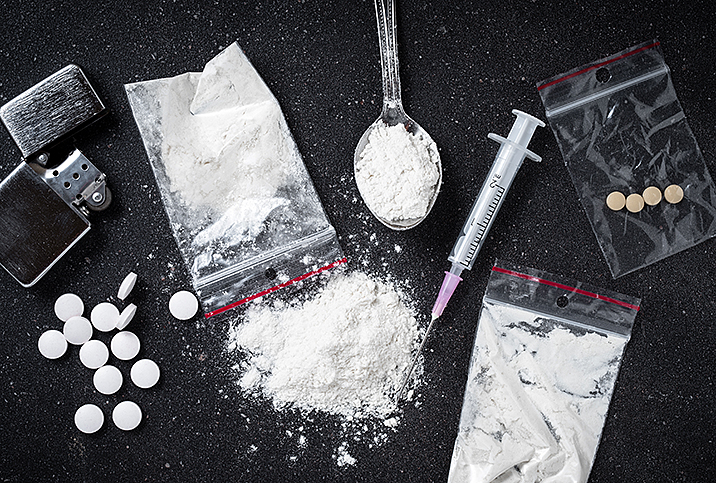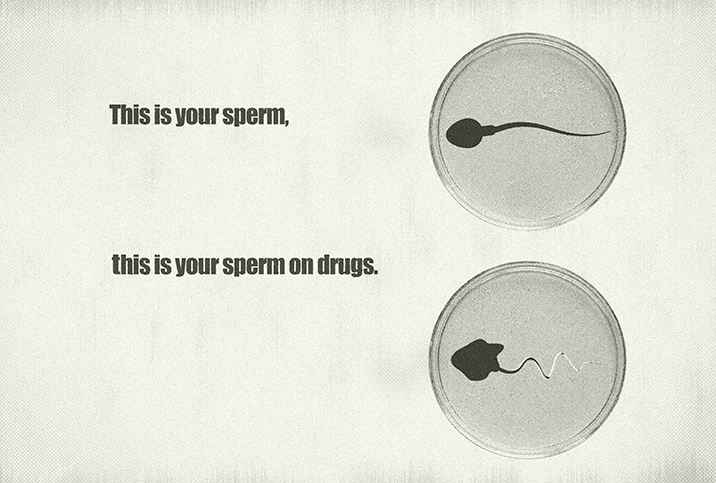Understand the Risks of Substance Abuse

Substance abuse occurs when an individual uses drugs or alcohol in an illicit manner, meaning outside of the way the substance is meant to be used. For alcohol, this often means binge drinking. Meanwhile, illicit use of prescription drugs occurs when an individual takes them outside of the parameters of the prescription, taking more of the drugs than prescribed and/or more frequently than advised.
Substance abuse also applies to other drugs whose use is considered by the government to be dangerous and illegal.
Substance abuse vs. addiction
Many people conflate substance abuse with addiction, and while they are often related, their definitions differ.
Substance abuse describes the way someone uses substances. Someone who engages in substance abuse may or may not become addicted. It is possible for someone who abuses substances to do so only occasionally and to stop the abuse before the point of addiction.
Addiction, on the other hand, is a complex mental disorder in which an individual compulsively relies on substances, activities and things despite foreknowledge of harmful consequences. While people who abuse substances may not be addicted, all addicts abuse substances. Individuals with addiction typically need substantial intervention to help them overcome the condition.
Substance abuse risks
While someone who engages in substance abuse sometimes only does so occasionally or without the influence of addiction, the behavior still carries many risks.
When individuals abuse substances, the chance that they might accidentally overdose is always present. The Centers for Disease Control and Prevention reported that 67,367 people in the U.S. fatally overdosed on drugs in 2018. Users who take illegal drugs through injection may also run the risk of contracting hepatitis (B or C) or HIV if they share needles.
Perhaps one of the biggest risks of substance abuse is becoming addicted. Repeated substance abuse affects the brain’s reward center, causing users to keep trying to reach the early highs without success, causing a vicious cycle.
Once a person becomes addicted to a substance, he typically becomes both physically and psychologically dependent on it and is unable to stop using it without help. In addition, attempts to stop may result in overwhelming physical and emotional withdrawal symptoms.
Addiction can also often lead to issues in relationships, jobs and physical health, not to mention legal trouble if the substance in question has been deemed unlawful under the Controlled Substances Act.
People who abuse substances often feel they are in control and can engage in the behavior casually and without consequence. Studies have shown that addiction can happen anytime—over time or swiftly—without warning.
In particular, past behavior can be the trigger for substance abuse. For example, according to the National Institute on Alcohol Use and Alcoholism, about 40 percent of individuals who begin drinking before they are 15 years old will become dependent on alcohol.
Substance abuse treatment
The National Institute on Drug Abuse suggests that treatment should be tailored to the individual, especially because, for many, substance abuse and addiction coincide with mental health issues. Depending on the individual, a health professional may recommend one or more of the following three methods to address substance abuse.
Cognitive behavioral therapy: a form of talk therapy in which individuals discuss their concerns with a psychotherapist or therapist over several structured sessions.
Motivational enhancement therapy: a counseling approach in which a therapist works with the individual to help identify the underlying reasons and motivations for substance abuse as well as useful strategies to refrain from it.
Twelve-step programs: Alcoholics Anonymous, Narcotics Anonymous and Cocaine Anonymous have a track record of helping people in their journey to overcome substance abuse.


















